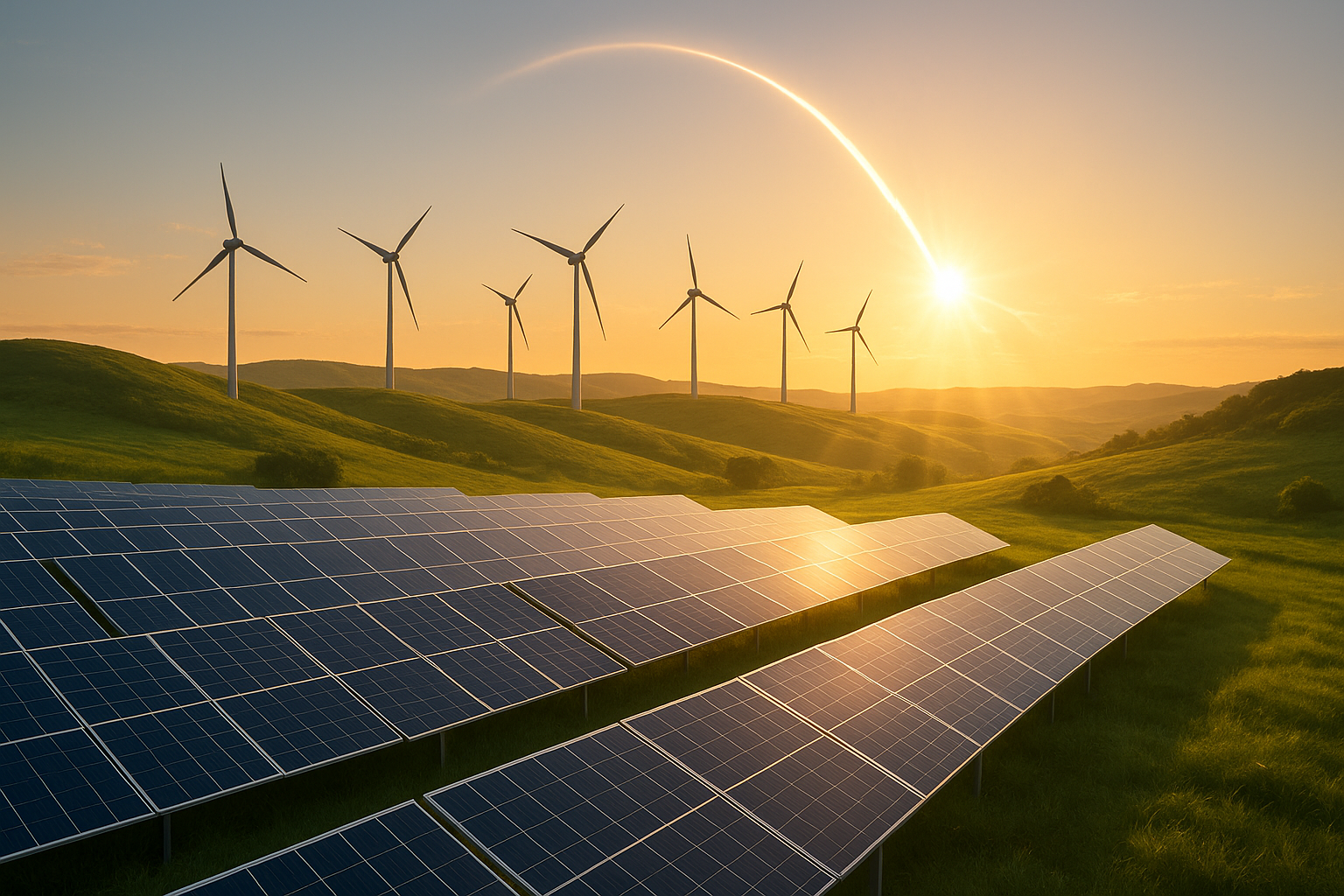The global energy landscape is undergoing a transformation that feels both inevitable and revolutionary. As we move through 2025, renewable energy isn't just growing – it's accelerating at a pace that's surprising even the most optimistic analysts.
Last quarter's numbers tell the story: global investment in renewable energy hit $218 billion, outpacing fossil fuel investments for the third consecutive quarter. This isn't just about environmental idealism anymore – it's cold, hard economics. The levelized cost of electricity (LCOE) from new solar installations has dropped below coal in 90% of global markets. Wind isn't far behind.
Government policies continue to drive this transition. The Paris Agreement targets have been strengthened in many countries, with the EU's recently announced "Green Horizon" initiative setting the most ambitious timeline yet – 70% renewable electricity by 2035. Even traditional energy powerhouses like Saudi Arabia are pivoting, with their sovereign wealth fund increasing renewable investments by 180% since 2023.
For investors, this creates both opportunities and challenges. The obvious plays – major solar and wind manufacturers – have already seen significant valuation increases. I think the more interesting opportunities lie in adjacent sectors: grid infrastructure, energy storage, and specialized materials.
Battery technology deserves special attention. The latest solid-state batteries are showing 40% higher energy density in commercial applications, potentially solving the intermittency problems that have plagued renewables. Companies leading this space have seen their stock prices double in the past 18 months.
There are risks, of course. Supply chain constraints for critical minerals like lithium, cobalt, and rare earths could create bottlenecks. Political winds can shift – though the economic case for renewables has become strong enough that even policy reversals might only slow, not stop, the transition.
The most fascinating aspect of this shift is how it's reshaping geopolitics. Countries that dominated the fossil fuel era are seeing their influence wane, while nations rich in renewable resources and manufacturing capacity (think Vietnam, Morocco, and Chile) are gaining unexpected leverage in international relations.
For everyday consumers, the impact is increasingly visible – from cheaper electricity bills to the proliferation of electric vehicles. The energy transition is no longer a future trend – it's happening right now, reshaping economies and creating new winners and losers across the global landscape.
